French-Palestinian MEP Rima Hassan calls on Moroccan King to cut ties with Israel
French-Palestinian MEP Rima Hassan has urged Moroccan King Mohammed VI to cancel normalisation agreements with Israel a year into its genocide in the Gaza Strip.
On 24 September, Hassan, a French lawmaker born in a Palestinian refugee camp in Aleppo, Syria said that it's time for the Moroccan monarch to heed his people's widespread opposition to ties with Israel amid its ongoing violence in Gaza.
"One wonders what the King of Morocco is waiting for to break diplomatic relations with Israel", Rima Hassan wrote on X.
"The majority of the Moroccan people express their demands in support of the Palestinian people."
Morocco established diplomatic ties with Israel in late 2020 under the US-brokered Abraham Accords, which also included similar agreements by the United Arab Emirates and Bahrain. The MEP did not extend her call to other signatories of the Accords.
Former Hamas leader Khaled Meshaal has also called on the Moroccan monarch to halt ties with Israel, arguing that such a move would convince the West and the US to revise their position.
Both Hassan and Meshaal have faced backlash online from several Moroccan accounts accusing them of "interfering" in Rabat's internal affairs and "lacking the status" to address the Moroccan monarch.
Since last October, Rabat has faced rising social and political pressure to revoke the normalisation accord signed with Tel Aviv in exchange for Washington's recognition of its sovereignty over the disputed territory of Western Sahara.
On 15 October, 2023 Morocco witnessed its largest pro-Palestine rally since normalisation—a million-strong march where hundreds of thousands called for an end to the Abraham Accords.
Pro-Palestine protests have since fostered solidarity among various political parties in the North African kingdom, uniting long-time rivals—socialists and Islamists.
"Those who support normalisation with the Israeli entity are a discordant minority within Moroccan society, which breathes the Palestinian cause", Abdul Rahim Al-Sheikhi, former head of the Islamist movement of Unification and Reform, told The New Arab.
The Moroccan government has sincent declined to engage with their petition, endorsed by over 10,200 signatures, urging the reversal of normalisation with Israel, according to pro-Palestine activists. Rabat argued that the refusal was simply due to a bureaucratic technicality.
Amid the Gaza war, Moroccan officials have refrained from addressing any questions regarding Israel's actions or the status of its deal with Rabat.
King Mohammed VI's speech at the Summit Conference of the Organisation of Islamic Cooperation in May marked Rabat's first strong statement on the war, as he blamed Israel for the escalating situation in the Palestinian territories.
Morocco first normalised ties with Israel after the 1993 Oslo Accords to "maintain dialogue and understanding." However, King Mohammed VI halted the agreement in response to Israel's brutality during the second Intifada, which erupted in 2000, and the rising opposition to Tel Aviv among the Moroccan public.
Despite calls from pro-Palestine activists for a similar end to the 2020 normalisation deal, Rabat appears unready to sever ties, even as the death toll in Gaza surpasses 41,000.
In March, Rabat confirmed its ongoing normalisation with Israel, emphasising its benefits for the Palestinian people. "Morocco shows that its connections in Israel serve the cause of peace and defend the rights of Palestinians," a Moroccan diplomatic source told Reuters.
In August, local media reported the reopening of the Israeli office in Rabat, which had closed last October for security reasons. Rabat has refrained from addressing this development.
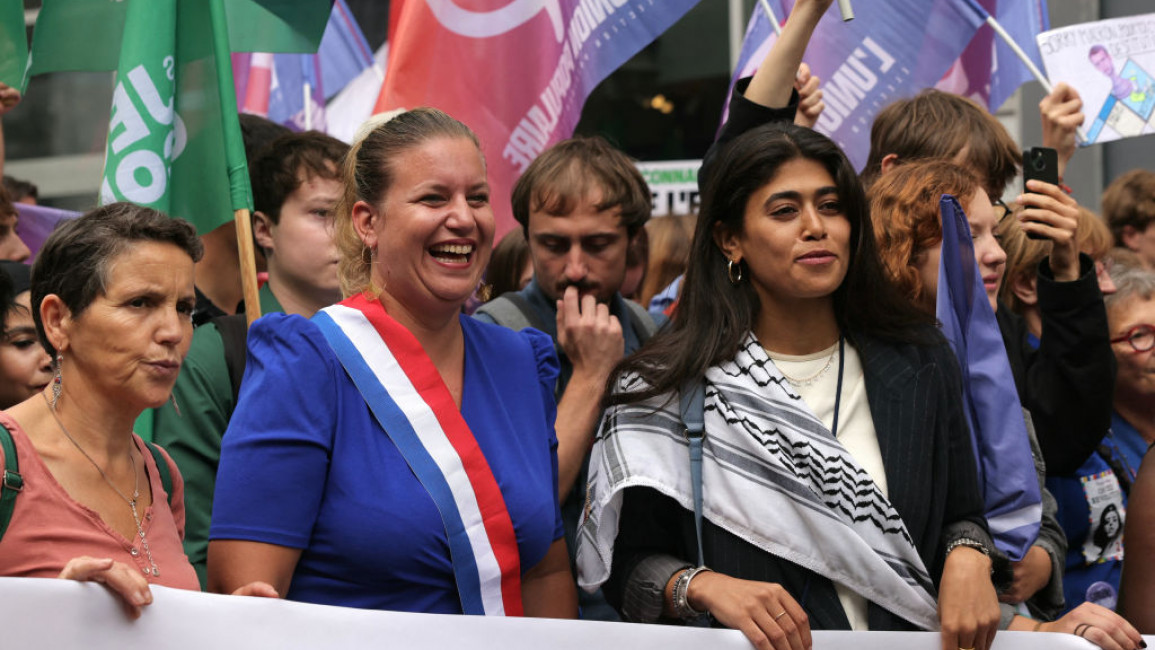
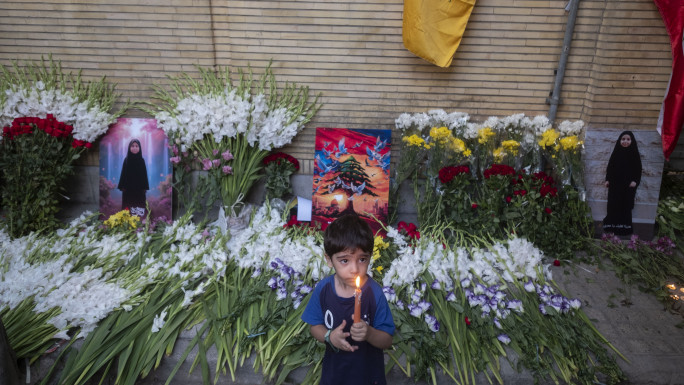
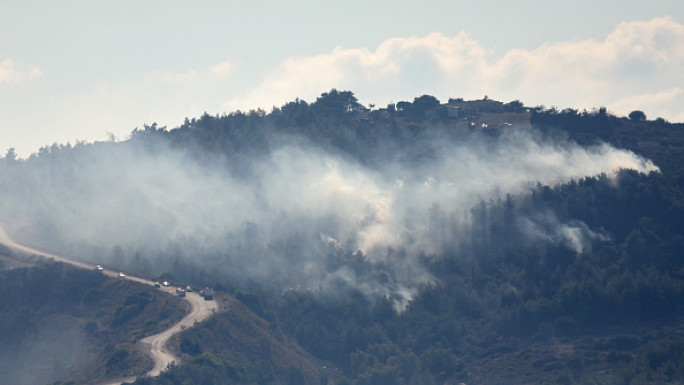
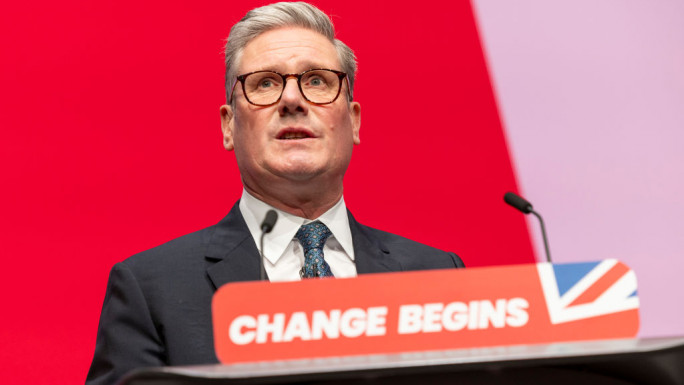
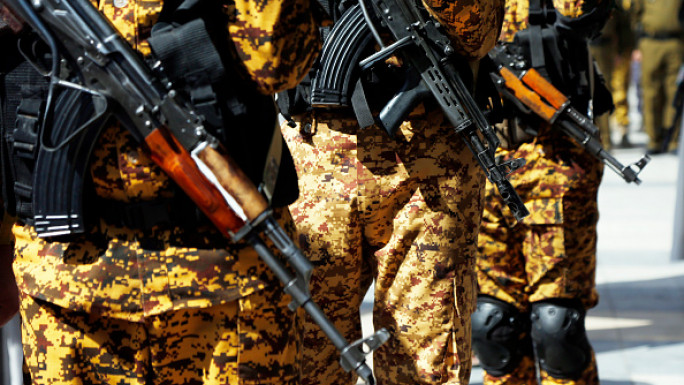
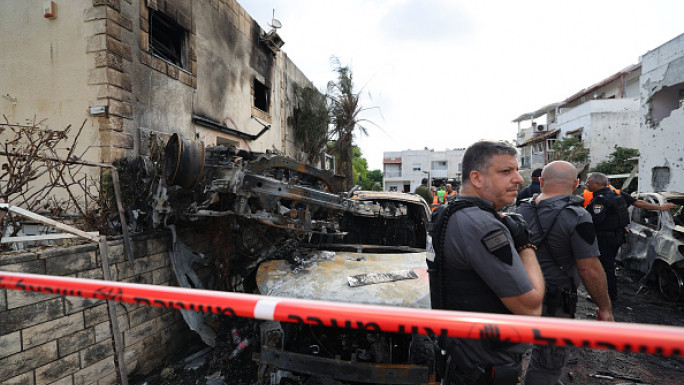
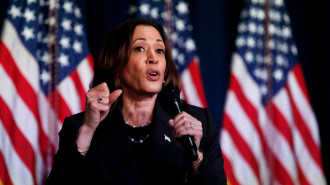
![Alaa Abdel-Fattah was one of the leading figures in the 25 January Revolution of 2011. [Getty]](/sites/default/files/styles/image_212x120/public/464240630.jpeg?h=abb0e149&itok=pexV-sG-)
